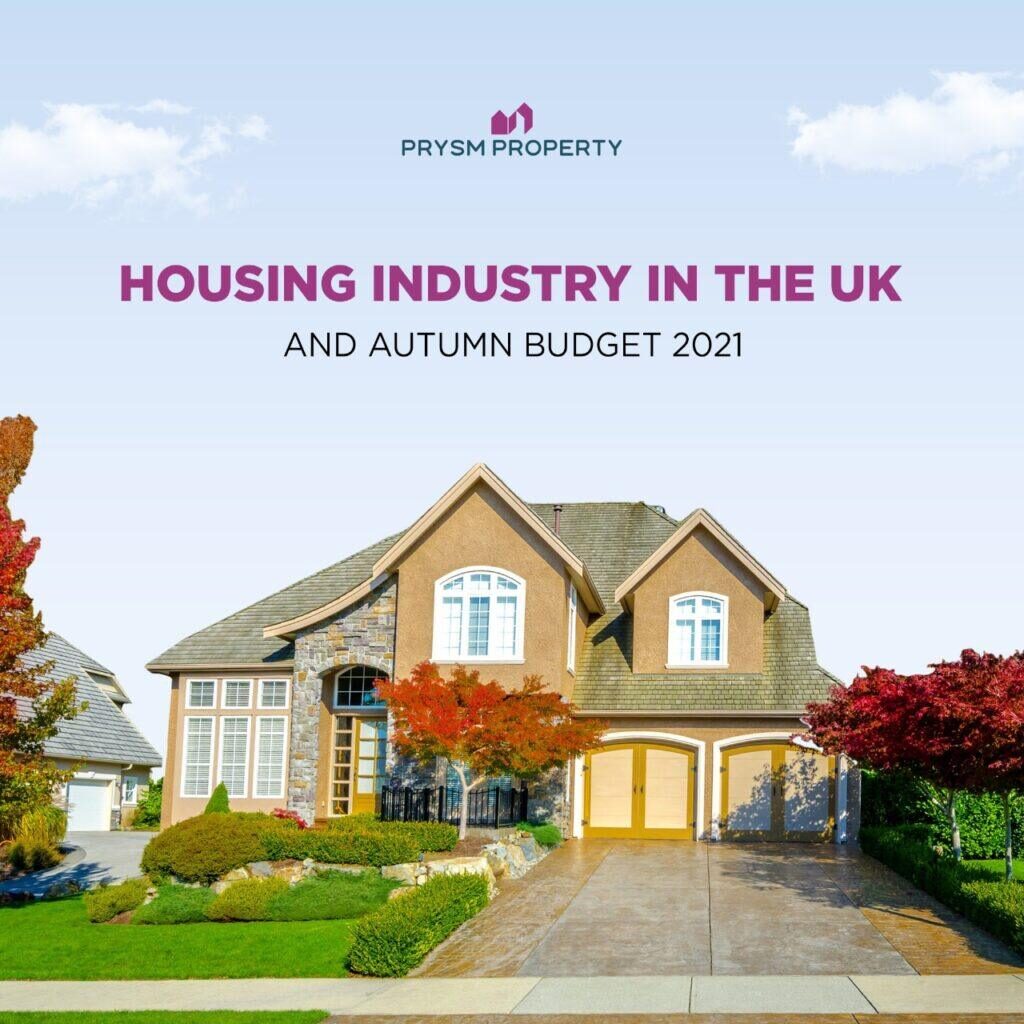The Autumn Budget 2021 has rightly avoided stoking the property market!
Rishi Sunak, UK chancellor, revealed the autumn budget in October while the UK not only struggles with recovery at the tail end of the COVID-19 pandemic but also with the rising crisis in living costs and supply shortages. Let’s take a look at the takeaway for the property industry in this budget.
When COVID-19 hit the world’s economies, most investors, bankers, and analysts in the UK thought property prices would fall drastically, just like they did in the 2008 financial crisis, nose-diving by around 20%. Banks across the UK started to demand much higher initial deposits from homebuyers to grant a mortgage and reduced their lending as well. This trend worsened the expected fall in prices by further reducing buyers and acting as a self-fulfilling prophecy.
The UK government tried hard to prevent such a decline by offering Stamp Duty Tax relief. This saved the prospective homebuyers up to £15,000 in taxes once they complete their purchase.
When banks saw this government incentive, they quickly overturned their mortgage policies. Not just that, banks became almost too quick to offer larger loans on lower deposits. Government-backed 5% mortgages and help to buy were also raising demand for properties. To boost this rise in the property market, the effectiveness of COVID-19 vaccines also helped to get people out and spending money again. A willingness from employers to grant ‘work-from home’ arrangements, allowing workers to move further away in the hope of securing a larger property with better amenities provided the perfect storm.
Instead of falling, property prices started rising in the UK – really fast. The average price of a house in the UK rose to above 15% higher than at the start of the pandemic. In this context, the Autumn Budget 2021 has rightly avoided any action that would stoke and push the market even higher. The only issue now was to avoid bubble territory and preserve homebuyers from taking enormous loans that they may not be able to repay with ease if the interest rates suddenly rose to 5%-6% of the pre-2008 era.
In the Autumn Budget 2021, many of the proposals affecting property were focussed on spending rather than changes to legislation. The main one being that the UK government has pledged £11.5 billion towards 180,000 affordable homes on the supply side of the property equation, which is a welcome step in the right direction.Although these numbers sound massive, it’s far from sufficient. This sum was first mentioned in September 2020 and it included £2 billion of funds earmarked by Theresa May. It may not produce enough homes to meet overall demand, and may not address the needs of the social renting sector fast enough but it is definitely a good start.
Additionally there has been an extension to the Annual Investment Allowance of £1M, and business rates relief to help those working in property development. As you may have noticed, the property market is one of the few business sectors that has thrived over the last 18 months so it was unsurprising to see any major incentives.


